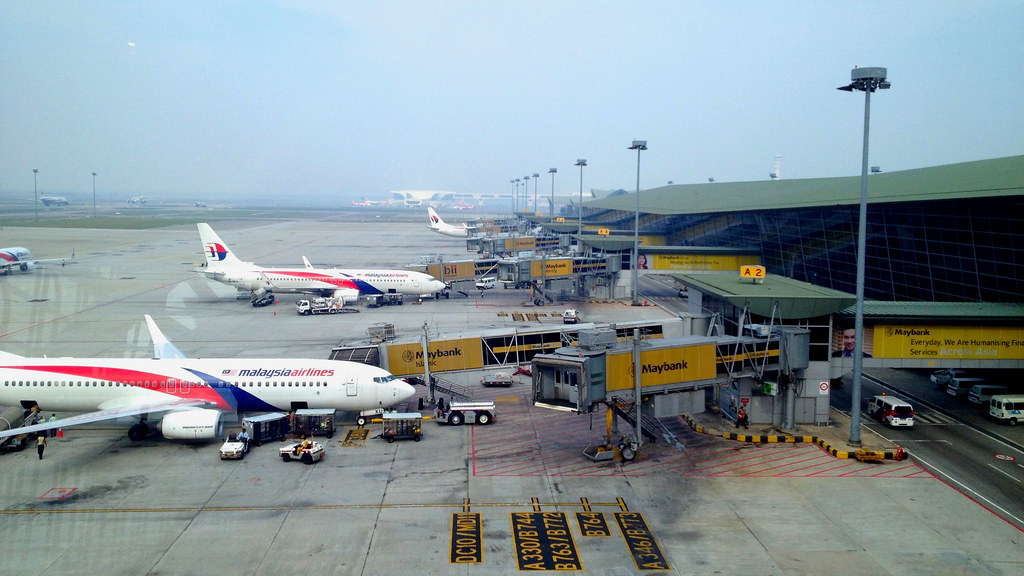

By Asmita - Jul 30, 2025
Malaysia sparks controversy by denying entry to 10 Indian nationals at Kuala Lumpur International Airport among 99 travelers, citing concerns over COVID-19. This decision raises questions about border control, public health priorities, and potential economic and diplomatic impacts.

Flag of Malaysia via Wikimedia
LATEST
In a recent development, Malaysia has sparked controversy by denying entry to 10 Indian nationals at the Kuala Lumpur International Airport, despite a visa-free provision for entry. The incident, which involved a total of 99 international travelers being turned away, has raised eyebrows and drawn attention globally.
The decision to refuse entry to these individuals, particularly from India, has led to questions about the reasons behind Malaysia's actions. According to reports, the passengers were denied entry due to concerns over the coronavirus pandemic and the need to strengthen border control measures. Malaysia's move comes amidst heightened vigilance globally to prevent the spread of COVID-19 variants and ensure public health safety.
This incident sheds light on the geopolitical dynamics surrounding immigration policies and the prioritization of public health during a global health crisis. Experts suggest that such strict measures by countries like Malaysia could impact diplomatic relations and travel perceptions. The situation also underscores the challenges faced by international travelers amid evolving travel restrictions and changing entry requirements imposed by various nations.
Looking ahead, the incident at Kuala Lumpur International Airport may have economic implications, affecting both the tourism industry and bilateral ties between Malaysia and India. The decision to turn away travelers, including Indian nationals, could deter future visitors and impact Malaysia's image as a tourist-friendly destination. Additionally, it emphasizes the delicate balance between health safety measures and the need to facilitate international travel in a post-pandemic world, highlighting the complexities faced by governments in navigating these priorities.